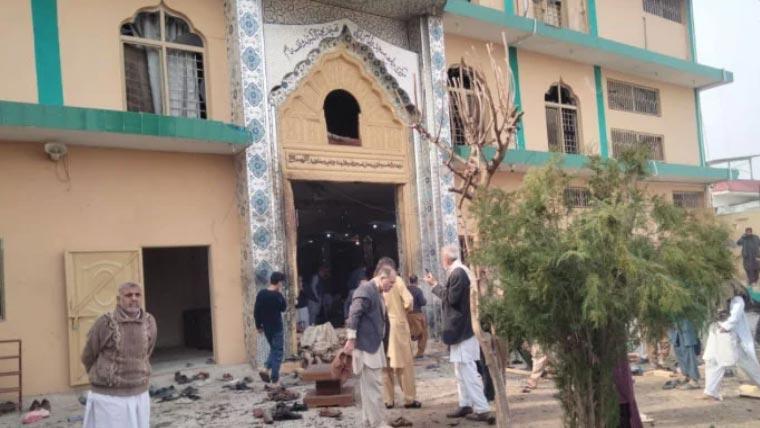Punjab Chief Minister directed to ensure free medicines and tests for dialysis patients


Lahore: Chief Minister Punjab Maryam Nawaz approved the ‘Chief Minister Dialysis Program Card’ and allocated Rs1 million for the treatment of each dialysis patient.
According to the media reports, a special meeting chaired by Maryam Nawaz reviewed the progress of health programs and projects. Rs8.5 million was allocated for dialysis and Rs1.5 million for tests, etc. for every patient suffering from kidney diseases in Punjab.
The Punjab Chief Minister directed to ensure free medicines and tests for dialysis patients and ordered the Punjab Healthcare Commission to closely monitor dialysis centers across the province.
Maryam Nawaz said that the spread of AIDS among dialysis patients is not only regrettable, it is also shameful. Regrettably, dialysis is stopped on the pretext of lack of funds, it should continue.
It was agreed in the meeting to set Key Performance Indicators (KPIs) to determine the performance of the health department. In addition, a report was presented on the ongoing projects of PIC-II and Nawaz Sharif Institute of Cardiology Sargodha.
Chief Minister Maryam Nawaz directed PIC-II to be made a state-of-the-art hospital and said that the latest technology, equipment, and medicines should be brought for the treatment of heart diseases. The latest training of specialist doctors should be conducted, and master trainers should be appointed.
She expressed strong anger over the incident of AIDS spreading among dialysis patients in Multan and sought a report from the authorities within 24 hours.
It is pertinent to note that at the end of last week, it was reported that after the treatment of an HIV-infected patient at the largest government-run Nishtar Hospital in South Punjab, 30 other patients also contracted HIV.
According to the report, when an investigation was conducted after the death of an HIV-infected person at Nishtar Hospital, it was found that the dialysis machine on which the deceased patient was treated was also used to perform dialysis on other people, due to which other patients also became infected.
The report stated that the deceased patient, 40-year-old Shahnawaz, was already HIV-infected, but due to kidney failure, he was brought to the dialysis ward on an emergency basis, where he was dialyzed, but later his condition deteriorated further and he died.
Only after the death of the said patient, the doctors also conducted tests on other dialysis patients and it was revealed that HIV was transmitted to 30 more patients.
The news of the transmission of a dangerous virus to other patients due to the negligence of doctors and administration while providing treatment to a patient in the hospital shocked everyone and an investigation into the matter was started.
HIV is a virus that causes the incurable disease of AIDS, but with continuous treatment, sometimes HIV never turns into AIDS, however, in some people, due to the high severity of HIV, they die soon after contracting AIDS.
HIV can usually be transmitted through unprotected sex, close physical contact, and other medical equipment, including syringes used by the infected person.
During the dialysis machine, multiple syringes are inserted into the patient's body and it is possible that the HIV was transmitted to patients suffering from kidney diseases through these same syringes.
On the other hand, there are also concerns that doctors and medical staff working in the dialysis wards may also be infected with HIV, however, there was no immediate news of HIV transmission among any doctor or hospital staff.

PM Shehbaz invites Uzbek firms to invest in Pakistan
- 10 hours ago

Security forces kill 24 Indian backed terrorists in Khyber Pakhtunkhwa operations
- 17 hours ago

You need to listen to M83’s icy post-rock record Dead Cities, Red Seas & Lost Ghosts
- a day ago

Pakistan committed to boost ties with Uzbekistan in diverse fields: President
- 10 hours ago

YouTube now blocking background playback on mobile browsers
- a day ago

Department of Justice appeals Google search monopoly ruling
- a day ago

31 martyred, 169 injured in Islamabad suicide blast
- 10 hours ago

Borderlands 4 for Switch 2 is on ‘pause’
- a day ago

Humans are infiltrating the Reddit for AI bots
- 22 minutes ago

Aluminium: Why Google’s Android for PC launch may be messy and controversial
- a day ago

The quiet reason why Trump is losing Gen Z
- a day ago

Notepad++ updates got hijacked for months and could have spied for China
- 22 minutes ago






